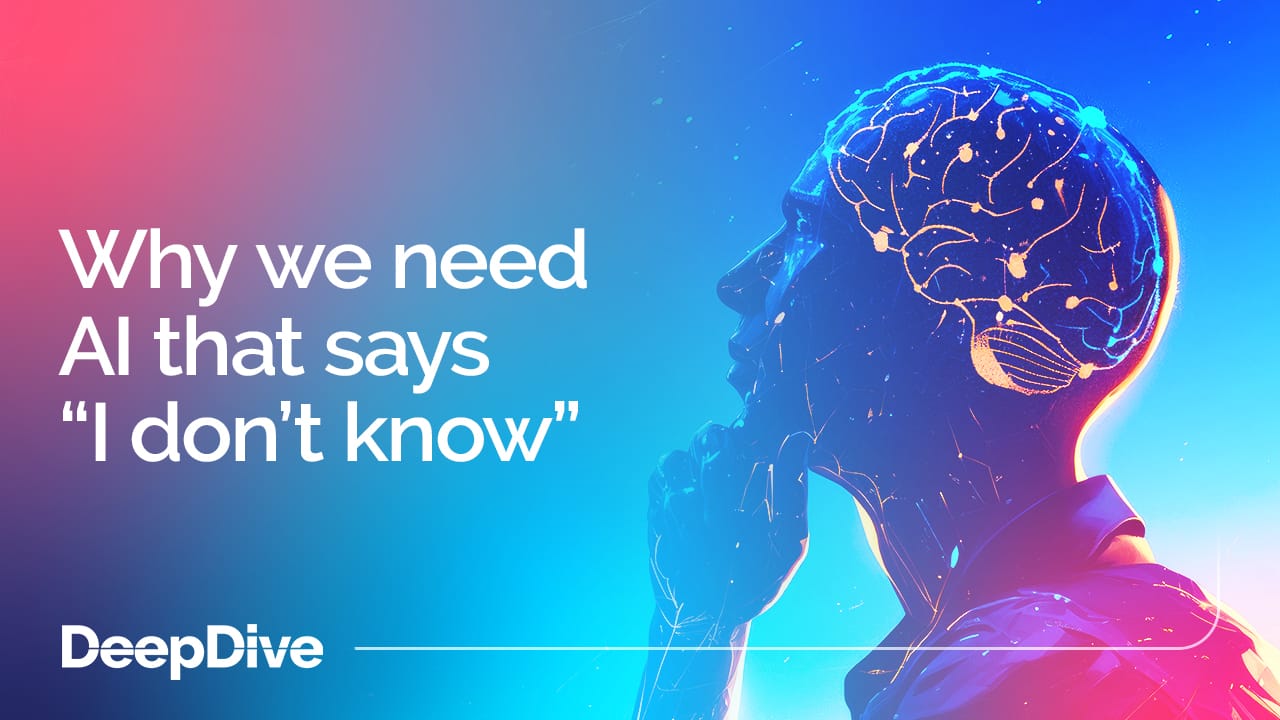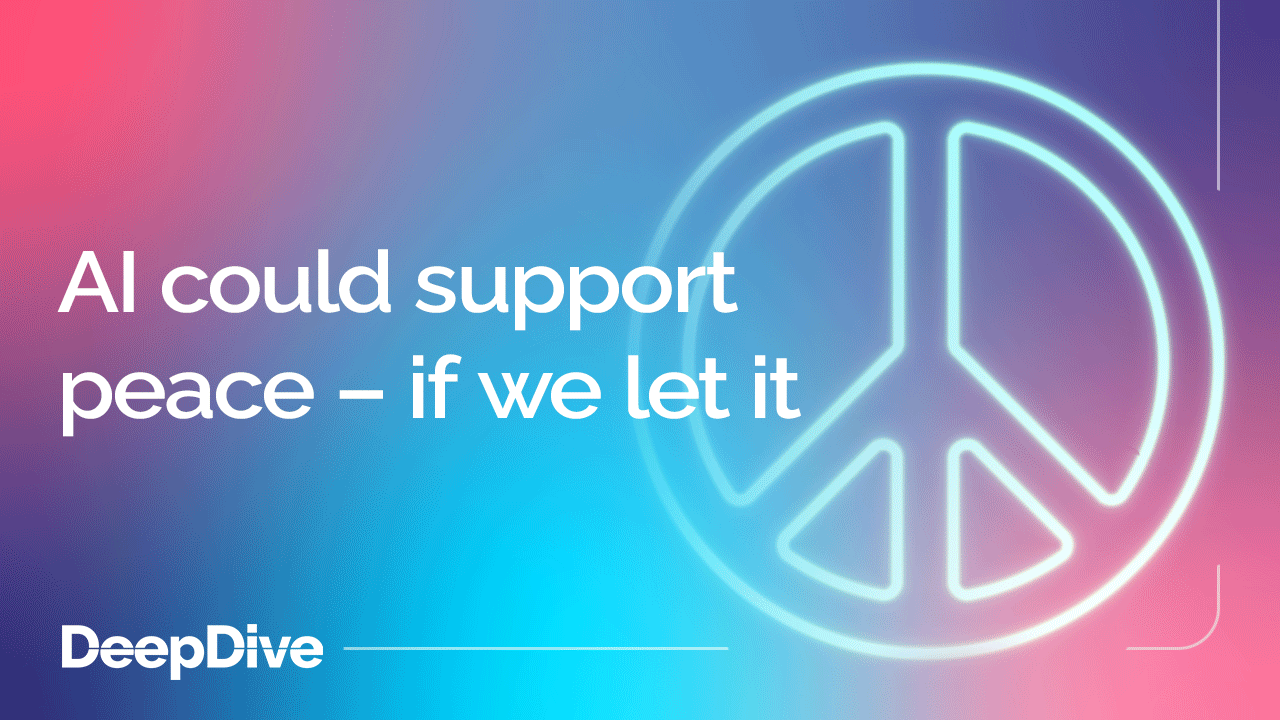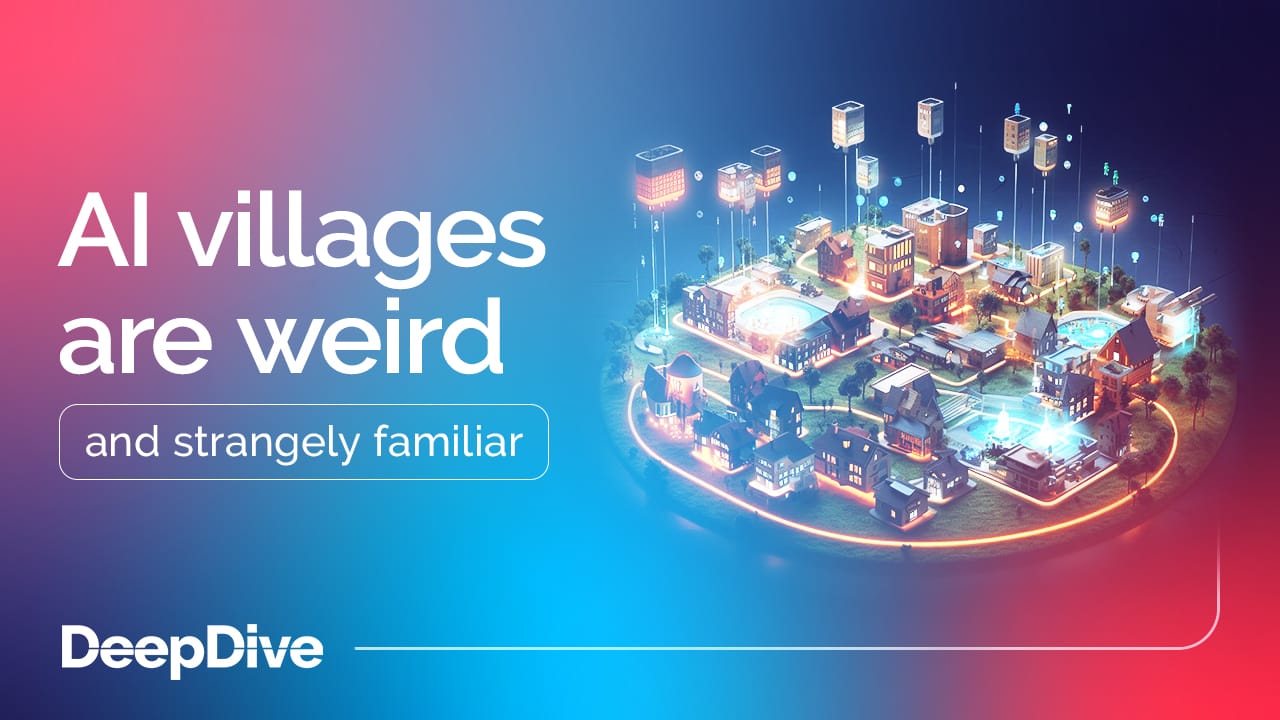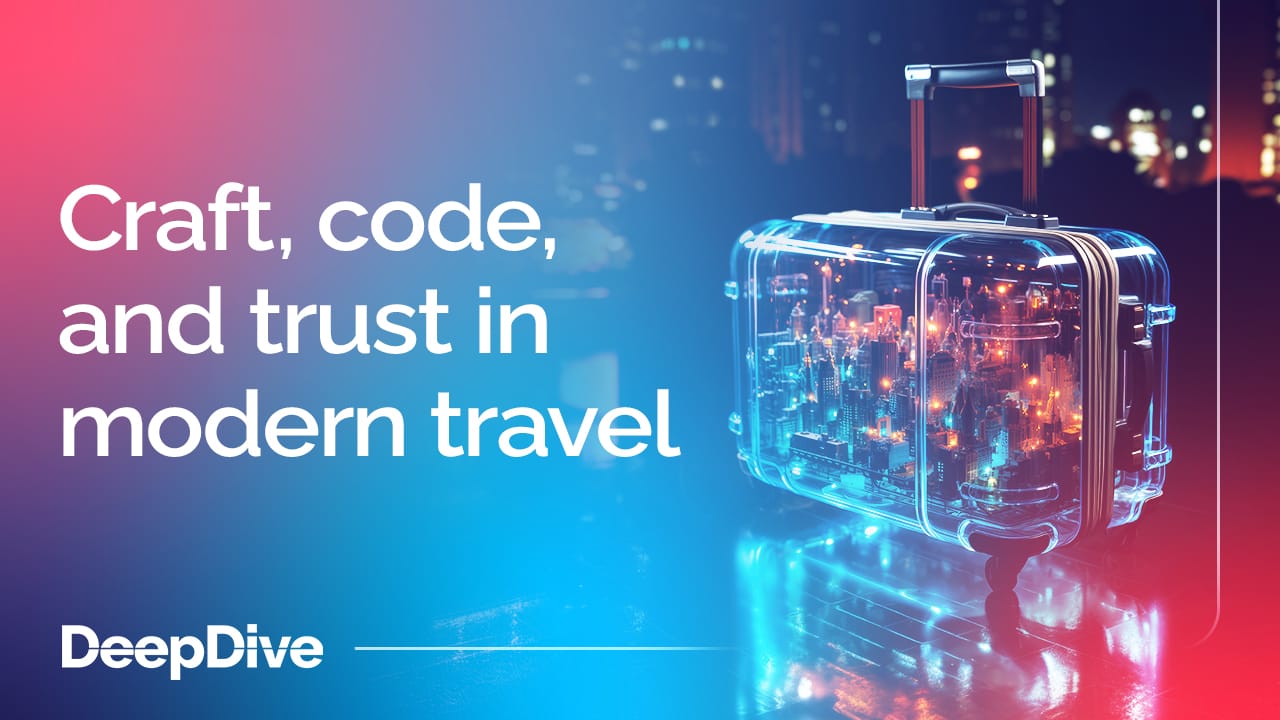

AI could support peace – if we let it

Welcome to the 12 new deep divers who joined us since last Wednesday.
If you haven’t already, subscribe and join our community in receiving weekly AI insights, updates and interviews with industry experts straight to your feed.
DeepDive
AI enables convenience, productivity, automation. But could it also support peace in our increasingly fractured world?
Full disclosure: we don’t have a neat answer to that question, but we do want to open up the conversation. And as always, we’d love your input.
The potential of AI to support peace efforts might not be as far-fetched as it sounds. Last year, we spoke to DeepFest 2024 speaker Angela Kane (Vice President at the International Institute for Peace, Vienna; Former UN High Representative for Disarmament Affairs) – and she offered a refreshingly grounded take on the intersection of AI, international politics, and peacebuilding.
Bridging global gaps with AI
“Having worked on a multinational level for many years, I am aware of the global governance deficit concerning AI,” Kane told us. “Most of the benefits of AI are concentrated in a small number of countries and in a small number of private industries that wield tremendous influence.”
It’s an incredibly important point. While AI promises gains across a wide range of use cases, these gains aren’t being shared equally. Under-served countries are watching the tech revolution unfold without the tools to participate – or to protect themselves from the fallout.
“Should there not be enablers which could help to ensure that benefits become more widely available and cover more of humanity than is now the case?” Kane asked. The answer, clearly, is yes.
AI has the potential to deliver global public goods – smarter agriculture, faster disaster response, better healthcare, and even improved diplomacy. But only if we’re intentional about sharing access and knowledge.
Misinformation and mistrust
We know that tech isn’t neutral. And one of the biggest barriers to AI being a force for peace is trust – or more precisely, the lack of it.
“The key obstacle is lack of trust within societies,” Kane said. “How do we know if reported news is factual or misinformation? Can we be sure whether video clips or pictures on social media are real or synthetic media?”
It’s a stark reminder that AI, particularly in the form of deepfakes and algorithmic manipulation, can be used to destabilise societies. When you can’t trust what you see or hear, polarisation deepens. And when countries suspect each other of interference or manipulation – particularly in elections – cooperation becomes nearly impossible.
Developing inclusive leadership and shared responsibility
If AI is to become a tool for peace rather than division, it needs to be shaped by everyone – not just the tech elite.
“Right now the discussion about AI and its benefits – or drawbacks – takes place in highly-educated elite circles,” Kane observed. “Most people are afraid to enter into discussions for fear of showing lack of knowledge or awareness.”
The solution is education and open dialogue. More information, more accessible education to make sure a wider demographic of people feel familiar with the basic concepts; and as a result, be able to engage in meaningful conversation about AI.
We need diverse voices; from the Global South, from civil society, from historically marginalised groups; to help shape the ways in which AI supports cross-border collaboration, communication, and – hopefully – peace.
And Kane added to that, “Those in the AI space should engage with government officials on an equal level; not see governments as spoilers or regulators but as partners.”
A new peace agenda?
There’s never been a silver bullet for peace. And AI won’t be one either.
But it could become a valuable tool in the peace-builder's toolkit – enabling communication, democratising access to opportunities to reduce inequality, supporting fair governance, and perhaps even preventing conflict.
To get there, we’ll need strong international frameworks, trust-building initiatives, and a lot more inclusivity. It’s up to us what we do with AI technology, so the question isn’t whether AI can support peace. It’s whether we’ll make the right choices now to ensure that it does in the future.





